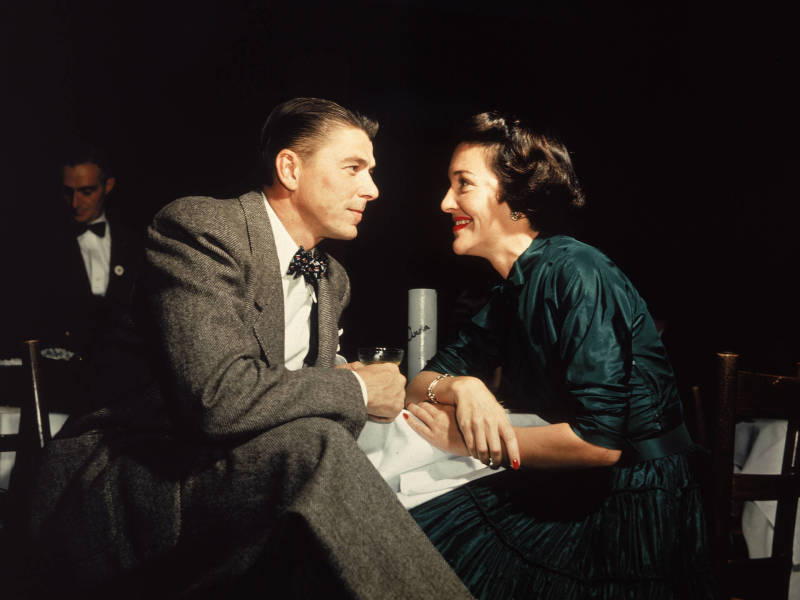“Nancy used the power of her position, you know, unapologetically, very responsibly to not only bring awareness to Alzheimer’s research, but also awareness to the tools that might benefit Alzheimer’s,” Keirstead said. “There was a lot of ignorance about where these cells came from, how they were procured, how they were used. She brought clarity to that by using her position, influencing senators, congressmen, politicians of all sorts as well as the federal government’s funding agencies like the National Institutes of Health.”
You can listen to the entire interview on NPR, or read the transcript, below:
KELLY McEVERS, HOST:
Nancy Reagan called Alzheimer’s disease a truly long, long goodbye. Her husband, President Ronald Reagan, announced he had the disease in 1994. And at the time, Alzheimer’s wasn’t talked about openly. The former first lady helped change that. Here she is in a C-SPAN interview in 1999.
(SOUNDBITE OF ARCHIVED RECORDING)
NANCY REAGAN: It is probably the worst disease you can never have.
UNIDENTIFIED MAN: Why?
REAGAN: Because you lose contact and you’re not able to share – in our case, you’re not able to share all those wonderful memories that we have. And we had a wonderful life.
McEVERS: After Nancy Reagan’s death yesterday at the age of 94, she’s being remembered as a powerful advocate for Alzheimer’s research. We’re going to talk about that now with Hans Keirstead. He’s a stem cell research pioneer. And I understand Mrs. Reagan consulted you after her husband’s diagnosis with Alzheimer’s. What did she ask you?
HANS KEIRSTEAD: That’s correct. Nancy Reagan reached out to me in order to get a deeper understanding of what’s real and what’s false from all of the news that was coming out on stem cells.
McEVERS: Did you know how publicly she was going to talk about Alzheimer’s at that point, or did you think these were, you know, more private conversations?
KEIRSTEAD: Nancy Reagan took private conversations and threw them out into the public sphere, and in so doing created a tremendous awareness for Alzheimer’s disease that she then leveraged politically. At that time, Ronald Reagan’s disease was being questioned as to its beginnings. Did it start during his presidency? Did it start afterwards? Nancy Reagan was really the first that stepped forward and put clarity to that, and brought the attention of the president of the United States and all the communication that surrounds that position to bear on Alzheimer’s awareness.
McEVERS: The Ronald and Nancy Reagan Research Institute at the Alzheimer’s Association was established in 1995, not long after President Reagan’s diagnosis. And she helped raise millions and millions of dollars for research, took on the federal restrictions on embryonic stem cell research. This was not a popular idea with Republicans. What happened?
KEIRSTEAD: Nancy used the power of her position, you know, unapologetically, very responsibly to not only bring awareness to Alzheimer’s research, but also awareness to the tools that might benefit Alzheimer’s. There was a lot of ignorance about where these cells came from, how they were procured, how they were used. She brought clarity to that by using her position, influencing senators, congressmen, politicians of all sorts as well as the federal government’s funding agencies like the National Institutes of Health.
McEVERS: Nancy Reagan did not see a cure in her lifetime. If you had a chance to say something to her about when that might happen, what would you say?
KEIRSTEAD: We have the most powerful biologic that doctors have ever come across, but in a complex disease like Alzheimer’s it takes hundreds of scientists to make these treatments. Biomedical research is a very long, very expensive road. She spurred us on, she gave us the fuel, and we’re using that now.

